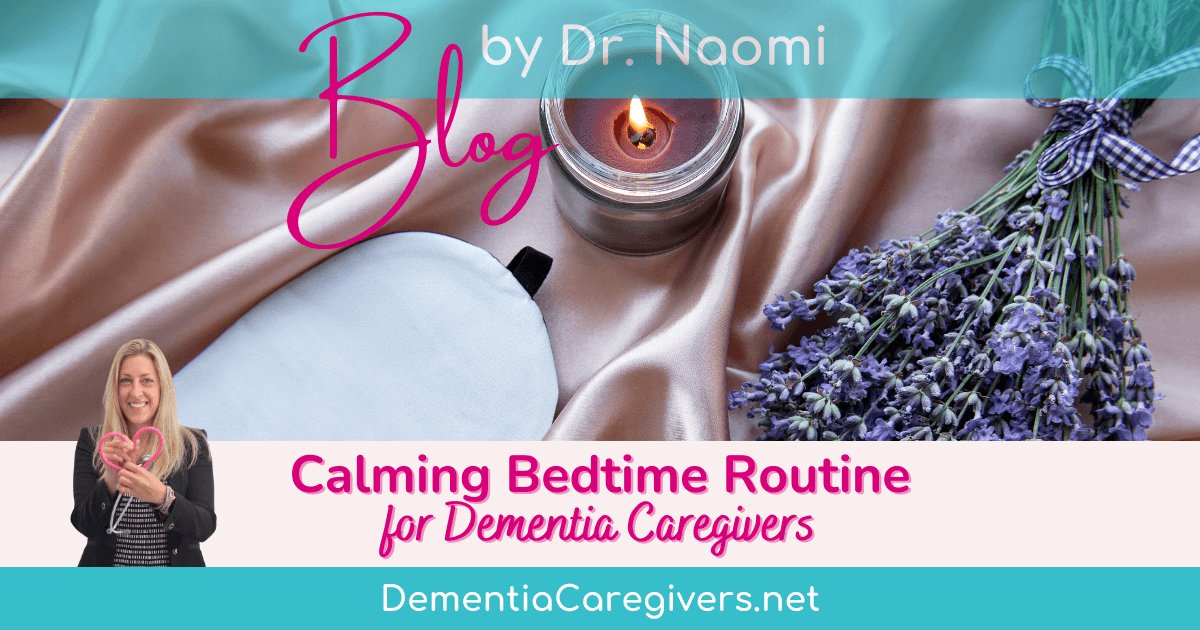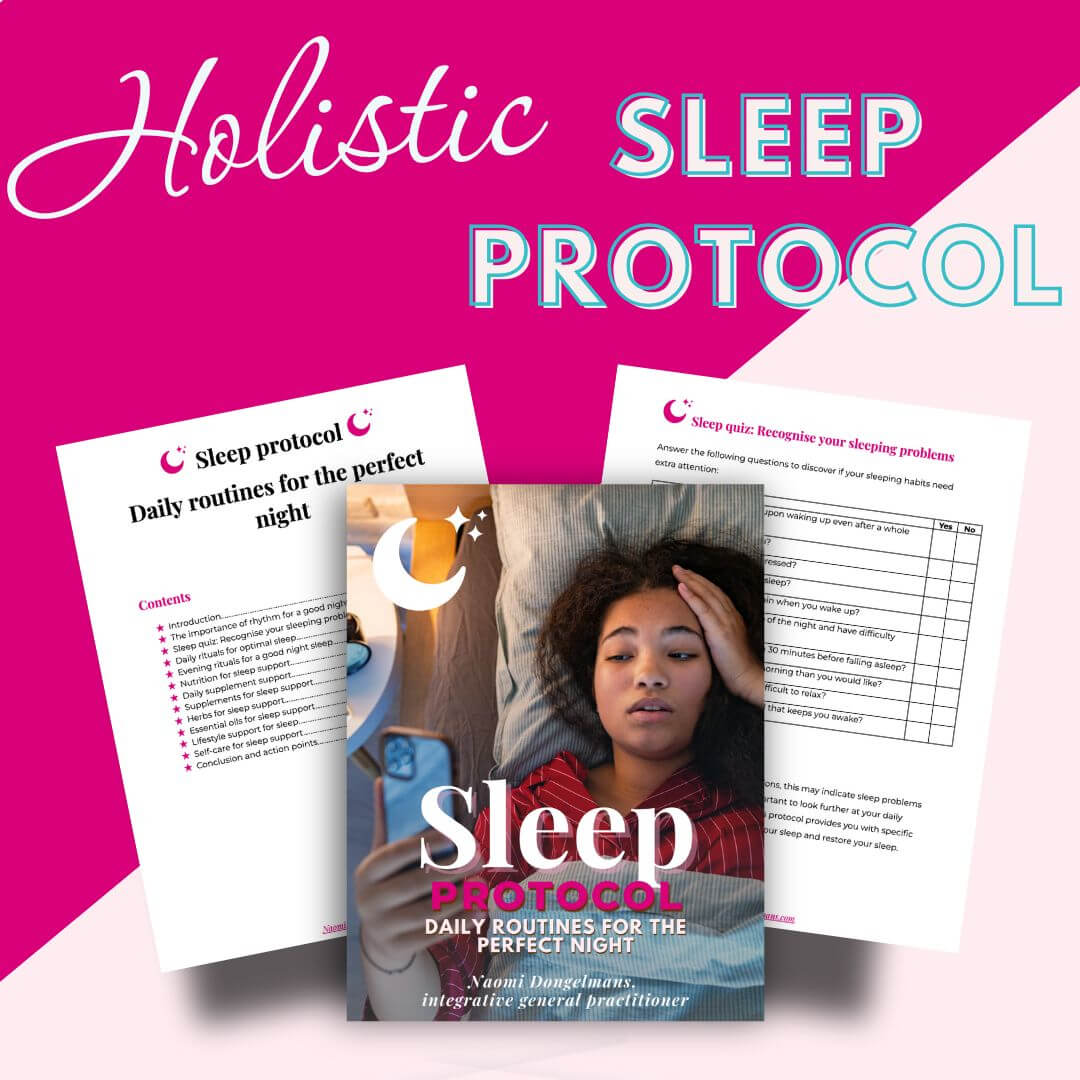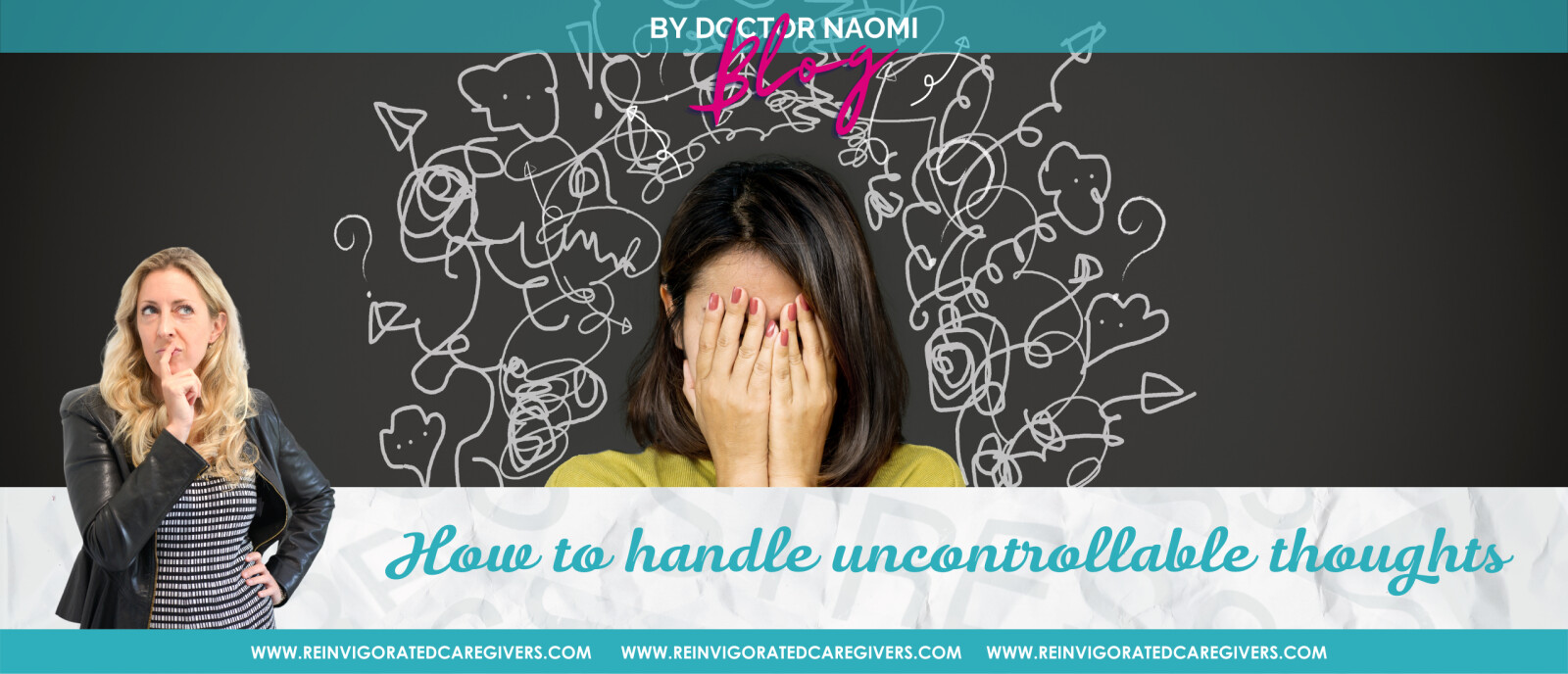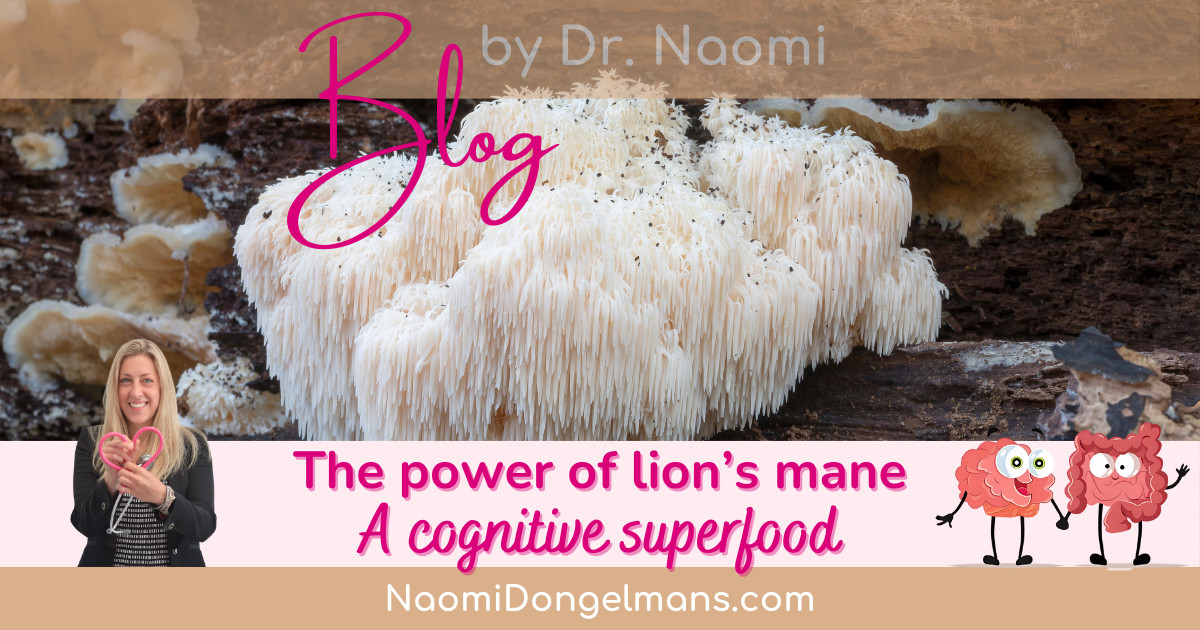Creating a calming bedtime routine for dementia caregivers

As the evening sky paints itself in shades of orange and purple, it's time for you, the dedicated caregiver, to embark on a journey of self-care. After a day filled with compassion and support for others, the night whispers a gentle reminder: it's your turn to be cared for.
A moment of reflection:
Before you go to sleep, try to pause and reflect. Think about Maria, a caregiver I met last year. Every night, she found herself eating late, watching TV until she dozed off, and constantly checking her phone. She felt perpetually exhausted. When I asked Maria to answer these simple yet profound questions, everything began to change:
- Do I often eat right before bed?
- Is watching TV my last activity before sleep?
- Do I fall asleep with the TV still on?
- How often do I check my smartphone before closing my eyes?
Like Maria, if you find yourself nodding to these habits, know that you're on the cusp of a beautiful change. A change that promises more restful nights and rejuvenated mornings.
Embracing a calming bedtime routine: your action steps

1. Establish a regular bedtime:
Maria started by selecting a bedtime that ensured her 7-8 hours of sleep. She aimed for consistency, going to bed and waking up at the same times daily. She proactively adjusted her evening plans to honour this commitment, treating it as a non-negotiable appointment in her calendar.
- Select a bedtime that ensures you 7-8 hours of sleep. Aim for consistency by going to bed and waking up at the same times daily.
- Proactively adjust your evening plans to honour this commitment. Treat it as a non-negotiable appointment in your calendar.
2. Gradual wind-down:
She dedicated the last part of her evening to unwinding. Engaging in activities that soothed her soul, like reading or listening to soft music, became her new routine.
- Dedicate the last part of your evening to unwinding.
- Engage in activities that soothe your soul, like reading or listening to soft music.
3. Mindful limitations for better sleep:
Maria learned to reduce her exposure to technology, turning off all devices at least an hour before bed. This helped create a tranquil environment and allowed her brain to wind down from the stimulating blue and green light, promoting natural and restful sleep. She also became cautious with caffeine consumption, particularly in the afternoon, and avoided heavy meals late in the evening.
- Reduce exposure to technology: To enhance your sleep quality, minimize the use of electronic devices before bedtime. Aim to turn off all devices at least an hour before bed. This helps create a tranquil environment and allows your brain to wind down from the stimulating blue and green light, promoting natural and restful sleep.
- Avoid caffeine and heavy meals: Be cautious with caffeine consumption, particularly (depending on your bedtime) after 16h, considering its peak effect occurs about 6 hours after intake. This can significantly impact your ability to fall asleep. Additionally, avoid heavy meals late in the evening, as they can lead to discomfort and disrupt your sleep cycle. Plan your last caffeine intake and main meal to finish several hours before you go to bed.
- Opt for light snacks: If you feel hungry before bedtime, opt for a light and healthy snack, or consider having a small amount of water instead. This approach helps prevent nighttime discomfort and can contribute to a more restful sleep.

4. Reflect and express gratitude:
In the quiet of the evening, Maria took a moment to reflect on her day. She kept a small notebook by her bed, jotting down three things she was grateful for each day. This practice not only fostered a positive mindset but also strengthened her resilience.
- Take a moment to reflect on your day in the quiet of the evening.
- Keep a small notebook by your bed, as I do, to jot down three things you're grateful for each day. This practice not only fosters a positive mindset but also strengthens resilience. Research supports that those who regularly record their gratitude enhance their overall well-being.
- Sharing this moment can be incredibly bonding. I love discussing these gratitude points with my partner, each of us sharing our three things. It's a beautiful way to connect and end the day on a positive note.
5. Create a comfortable environment:
Transforming her bedroom into a sanctuary optimized for sleep, Maria kept it cool (around 18 degrees Celsius), dark, and peaceful. She embraced comfort in every aspect, from cosy bedding to calming scents. Incorporating breathing exercises into her routine, like the 4-7-8 technique, became particularly effective.
- Transform your bedroom into a sanctuary optimized for sleep. Keep it cool (around 18 degrees Celsius), dark, and peaceful.
- Embrace comfort in every aspect, from cosy bedding to calming scents. Personally, I love to enhance the ambience with essential oils. I often use a blend in a roller, combining soothing scents like Lavender, Frankincense, Copaiba, ylang-ylang, and Orange Oil, depending on my mood. A gentle mist of this blend in the room or a dab on my wrists works wonders for relaxation.
- Incorporate breathing exercises into your routine. I find the 4-7-8 breathing technique particularly effective. It involves inhaling for 4 seconds, holding the breath for 7 seconds, and exhaling for 8 seconds. This practice can significantly calm the mind and prepare the body for sleep. I created a little explanatory film about this last Christmas. Check it here >>>.
6. Stay flexible:
Maria learned the importance of flexibility. Some nights didn't go as planned, and that was okay. She adapted her routine as needed, always being gentle with herself.
- Embrace the ebb and flow of nightly routines.
- Be gentle with yourself, adapting as life unfolds.

7. Practice self-affirmation:
Each night, as Maria lay down, she reminded herself of the love and care she had given throughout the day. She whispered to herself, "I am doing wonderfully, and that is enough."
- As you lie down, remind yourself of the love and care you've given.
- Whisper to yourself, "I am doing wonderfully, and that is enough."
Maria's story is a testament to the power of a calming bedtime routine. As she followed these steps, each night became a journey from the world of caregiving to the realm of self-care. This transition wasn't just a routine; it became a ritual of self-love and rejuvenation, preparing her for the days ahead with renewed energy and peace.
Your journey awaits:
Now, it's your turn. Like Maria, you can transform your nights into a restorative experience. Embrace these steps, and watch as they bring a newfound sense of peace and energy into your life as a caregiver.
Remember, each small change you make contributes to a larger impact on your well-being. You're not just caring for others; you're also nurturing yourself. And in this journey of caregiving, that's just as important.
 Ready to transform your sleep?
Ready to transform your sleep?
Unlock the secrets to a restful night with our comprehensive Sleep Protocol! This program provides you with the tools and strategies you need to improve your sleep quality significantly.
👉 Click here to explore and purchase the Sleep Protocol now!
Start your journey to better sleep today!





























0 Comments